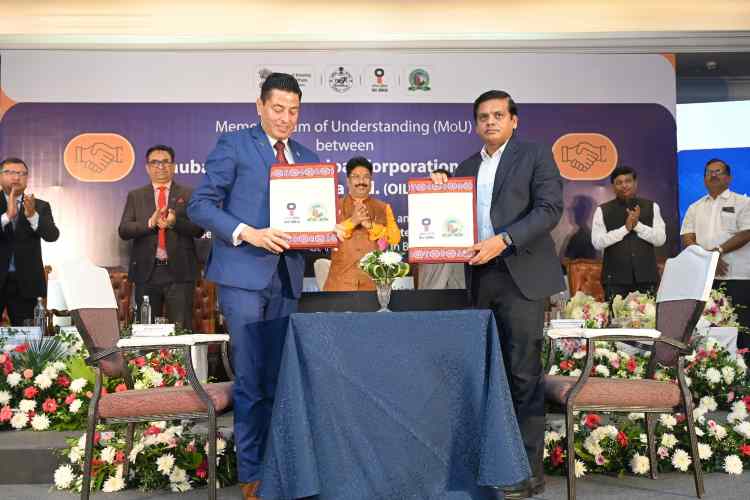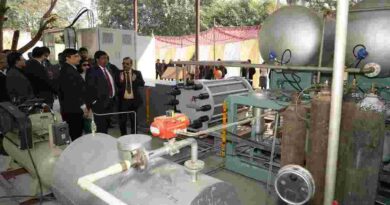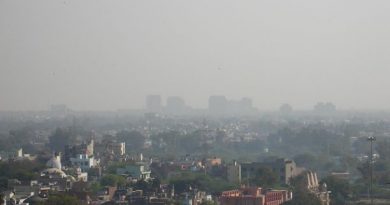Oil India (OIL) to build 200 TPD compressed biogas (CBG) project in Bhubaneswar
Eight acres of land have already been allocated for the Bhubaneswar CBG project, and similar plants are planned for seven more locations like Puri, Cuttack, Sambalpur, Rourkela, Sonepur, and Berhampur.

As the quest for green energy & scientific disposal of bio-waste is being focused throughout the country, Oil India Limited (OIL) has signed an MoU with the Bhubaneswar Municipal Corporation (BMC) to build a compressed biogas (CBG) plant in Bhubaneswar.
As per details, the CBG plant will process 200 tonnes of segregated municipal solid waste daily in Bhubaneswar. OIL will also support the state government in setting up CBG plants at seven other locations in the state of Odisha. OIL has already begun preparing the Detailed Project Report (DPR) for these sites.
Housing and Urban Development (H&UD) Minister Krushna Chandra Mahapatra highlighted the importance of the project in building a cleaner and greener Bhubaneswar. He stated that the gas produced at the plant could serve as a fuel for transportation and other sectors, while the compost generated would benefit farming.
The minister also noted Chief Minister Mohan Charan Majhi’s emphasis on expanding such CBG projects across the state, with the assurance of full government support. Eight acres of land have already been allocated for the Bhubaneswar project, and similar plants are planned for locations like Puri, Cuttack, Sambalpur, Rourkela, Sonepur, and Berhampur.
Mahapatra held that although a two-year timeline has been set for commissioning the Bhubaneswar CBG plant, he has urged authorities to accelerate the work for early completion.
The CBG plant will initially have a capacity of 200 tonnes per day (TPD) and produce 10 to 15 TPD of biomethane gas, with the potential to scale up to 300 TPD. The project involves an investment of approximately ₹150 crore.
Bhubaneswar produces 380 tonnes of wet waste each day. Of this, 120 tonnes are scientifically processed into organic compost at 37 micro composting centres (MCCs), while the remaining 260 tonnes are managed through traditional methods at the windrow composting centre.
Oil India CMD Ranjit Rath explained that the CBG plant will produce two key outputs: green gas and green manure. He expressed confidence in the project, citing assurances from BMC regarding a steady supply of segregated municipal waste for processing.
H&UD Secretary Usha Padhee emphasized that the plant would significantly improve BMC’s waste management capacity by converting harmful waste into valuable resources. She added that the initiative would contribute to the country’s net-zero emission goals.
Recently, OIL has collaborated with major green energy players like GPS Renewables, EverEnviro and NRL to develop bioenergy projects across the country.



